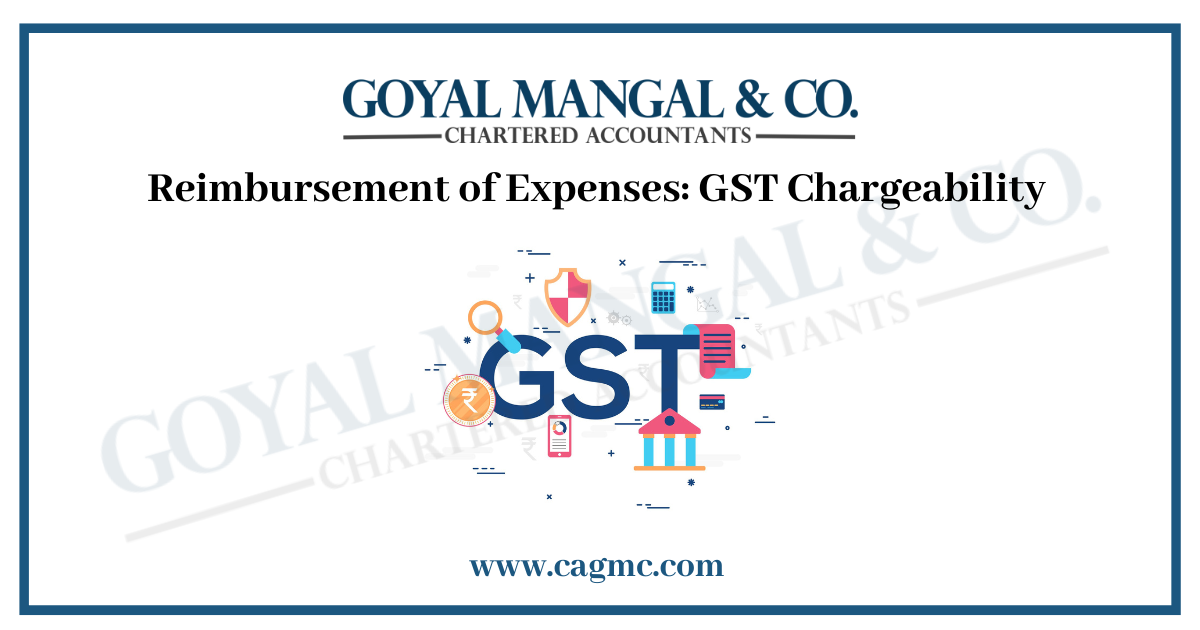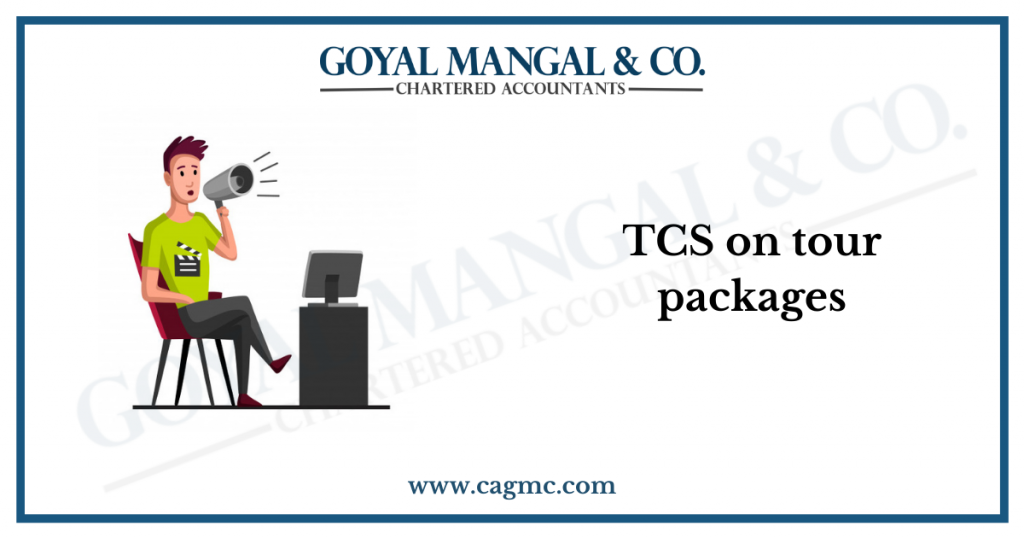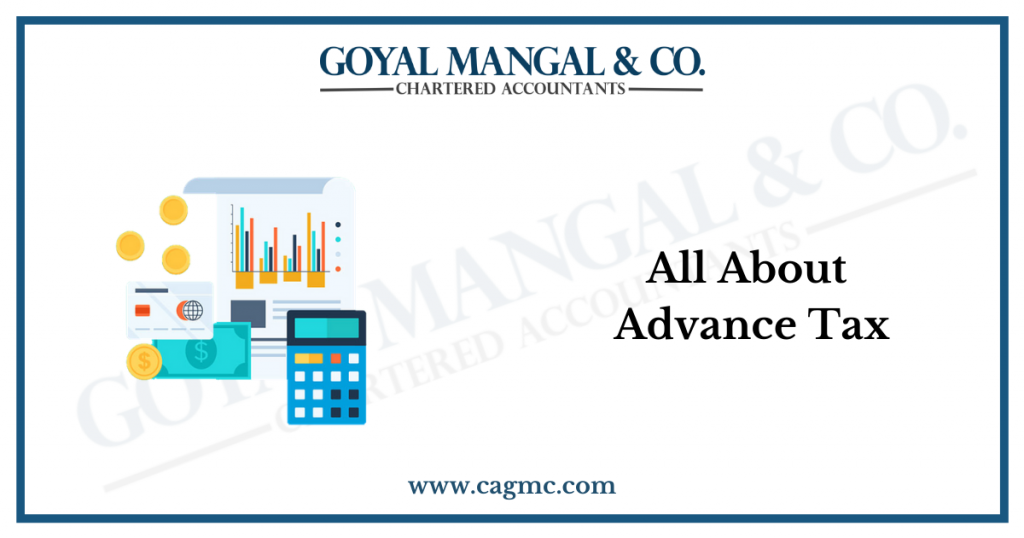 Tax is generally levied on the profit margin only. In general, tax is not levied on any reimbursement expense or cost. Reimbursement is the amount paid to either a customer or an employee for a business expense, taxes, insurance, or other costs.
Tax is generally levied on the profit margin only. In general, tax is not levied on any reimbursement expense or cost. Reimbursement is the amount paid to either a customer or an employee for a business expense, taxes, insurance, or other costs.
Expense reimbursements consist of out-of-pocket expenses, such as those for food and travel, and are paid on behalf of the recipient for carrying out the principal work.
This looks simple but is not. In this article, we will discuss the procedure and the rate by which GST is applicable to the reimbursement of expenses.
|
Table of Content |
Abstract
In India, the Goods and Services Tax (GST) is charged on the supply of certain goods and services. There are five different tax slabs provided GST, which are 0%, 5%, 12%, 18%, and 28%.
Tax in GST is charged on the value of supply received or is yet to be received for supplying Goods or/and Services that is considered as taxable. It is charged excluding the value of services that are charged as Pure Agent.
Section 15 of the CGST Act and Chapter IV of CGST Rules determine the value of taxable supply. These provisions provide the regulations and rules that are to be followed while the value of taxable supply is determined in certain circumstances.
Meaning of Reimbursement of Expenses
When a service is provided to a client or customer, if the company bears any expenses of the customer on their behalf, then such expenses are called Reimbursed Expenses.
Such customer or client is expected to pay the amount of reimbursement with the amount they have to pay for the services provided to them by the service provider company.
For example, marketing companies providing their customer marketing services that are paid, may sometimes incur expenses for Advertising on Google, etc. on behalf of their customer. Now these expenses will be included in the bill of the customer with fees.
Reimbursement of Expenses
The expenses incurred for the Recipient of goods or service by the Supplier can take the following two forms;
- Incidental Expenses (incurred as Supplier) – Incidental expenses are those expenses incurred by the Supplier. These expenses are incurred before the time of supply or delivery of goods and services which respectively form a part of the supply value.
For example traveling expenses, commission, packing charges, and etc.
- Other Expenses (incurred as Pure Agent) – Expenses incurred are those expenses that are incurred by the Pure Agent before the supply or delivery of goods and services respectively on the behalf of the recipient of service or goods. However, value of supply is not included in it.
For example: stamp duty, registration fees and such transportation charges which are paid to some another Supplier constitute expenses which are incurred as a Pure Agent.
(Note: Provided that such Supplier is authorized through a specific contract by the recipient to receive such supply on the behalf of recipient)
Concept of Pure Agent
A Pure Agent is an individual bound by an agreement of contractual nature. This agreement is taken forward with purpose of paying any such expenses that may arise at the stage of transaction of the supply on behalf of the recipient.
According to provisions, a Pure Agent does not hold any title over any such Goods or Services that are supplied or procured on behalf of the Receiving person (Recipient).
Apart from it, the Pure Agent must not use such goods or services for his own benefit or interest. Such agent should only receive the actual amount that he/she paid for the procurement of such goods and services. Additionally, such agent is also entitled to payment for his/her own supply.
GST Applicability on Reimbursement of Expenses
Rule 33 of CGST Act, 2017 provides the provision about Goods and Services Tax (GST) on the reimbursement of expenses. This provision provides that;
- When on behalf of recipient or a client, a service provider or a supplier incurs any expenses while supplying taxable goods and/or services, in such cases expenses relating to reimbursement must be excluded from the value of supply for the purpose of taxation,
- The supplier acts as a pure agent for the recipient of the goods and/or services while making (on express authorization by the recipient) payment to a third-party,
- The reimbursement of expenses made on behalf of the recipient by the Pure Agent must be separately mentioned in the invoice that is issued to the recipient by the agent,
- The supplies or services that are acquired from the third party by the pure agent should be separate from the services supplied by the pure agent on their own account
If the entire conditions that are mentioned above are fulfilled, the GST would not be levied by the recipient on the reimbursement of expenses. Tax will only be levied on the actual value of supply.
Understand GST on Reimbursement of Expenses with Examples
For example, there is a Chartered Accountant who is providing services to their customer/client. On the completion of services an invoice will be produced by such CA firm in the following manner:
No. Services Provided Amount (Fee)
- Charges of CA Services 25,000
- Charges of Tribunal 1,200
- Traveling expenses 1,500
Total: (23,000)
In the above-mentioned example, the Chartered Accountant acts as Pure Agent and incurs such any other extra expenses which arise during the delivery of service by them.
However, it is to be noted that such expenses can only be charged if the pure agent incurs them on the express authorization of the recipient. Otherwise, without any authorization, these expenses will not be treated as additional to their original services and further such expenses will be liable to be included while determining the amount to be paid under GST.
Case Law
In the case of Rolex Logistics Pvt. ltd. Versus CST, Bangalore, 2009 (20) STT 431
It was held by the Hon’ble authority that the gross amount for such service reflected only the amount of the services that are rendered by them. It is not in the nature of the services that are rendered by the supplier on their own accounts that can be considered under the reimbursement of expenses category. It cannot be included in the gross service amount fees.
Final Words
The Reimbursement of expenses concept forms an important matter of subject under the GST Law. It has direct implications on the computation of taxable supply value.
Although the term reimbursement is not specifically mentioned under the CGST Act but it is given effect by the CGST Rules.
While any expenditures are made by any person acting as a Pure Agent, the supplier must ensure fulfilment of all the essentials of the Rule 33 mentioned under the CGST Rules.
These include creating a contractual agreement with the recipient to authorize the supplier to incur expenses on the behalf of recipient.


